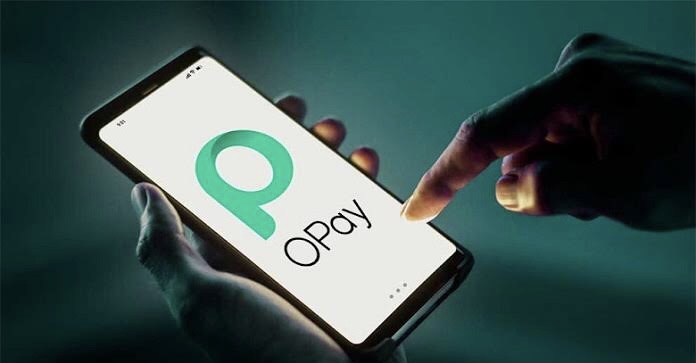Nigerian fintech startup OPay has categorically denied allegations of opening accounts for customers without their consent, following a recent wave of complaints on social media. An internal investigation into the matter was initiated by the company after customers began reporting that their phone numbers had been linked to OPay accounts that they claimed never to have opened. The Nigerian Consumer Protection Commission and the Data Protection Commission have also launched investigations into the issue.
According to Adekunle Adeyemi, OPay’s Head of Marketing, “Some 24 hours ago, we got information that there were active accounts/wallets on our OPay app, which the owners alleged had been created without their knowledge and consent. Based on our investigation, we discovered that these accounts were indeed opened by the owners at different points, but generally between 2019/2020.”
The controversy surrounding these accounts first came to light on the social media platform X when a user posted, “I just checked now, and I have an Opay account, same with every member of my family. None of us has ever opened an Opay account. How’s this even legal?” This tweet quickly went viral, leading to more individuals sharing similar experiences of finding OPay accounts linked to their phone numbers despite never knowingly opening them. Five people have informed TechCabal that they discovered OPay accounts associated with their phone numbers this week.
OPay responded to these claims by stating, “At least four of the complaints received via social media have been checked, and all four of them have been contacted to resolve the concerns raised. It is also important to note that OPay has never created nor does it operate any account on behalf of any individual.”
One possible explanation for these accounts is that customers may have opened them in 2019 and 2020 when using OPay’s various services such as ORide, OFood, or OKash. OPay’s wallets powered all of these services, which have since been discontinued. However, some users insist that they never utilized any of OPay’s offerings.
Ridwan Oloyede, a data privacy professional, raised questions about whether users were adequately informed about the possibility of their phone numbers being used to set up a bank account. He emphasized the importance of transparent communication during the onboarding process.
OPay maintains that its wallets can only be opened through the Central Bank of Nigeria (CBN)-established registration process, which requires OTP authentication from the user’s phone to proceed. Nigerian data protection laws require organizations to clearly communicate their lawful basis for processing user data.
A legal enforcement lead for the Data Protection Commission stated, “We’ve served them notice of investigation already, and it will be good to know their position. We already have complaints backed by evidence, so it’s for them [OPay] to disprove the evidence if they have credible evidence.”
Despite OPay’s firm denial, the issue remains under scrutiny, with regulatory bodies and concerned users seeking answers and transparency regarding the opening of these accounts.










